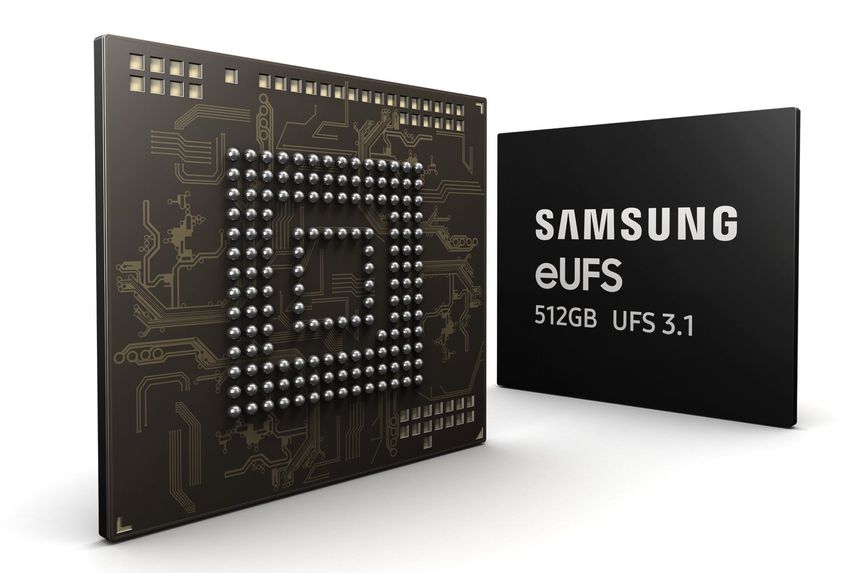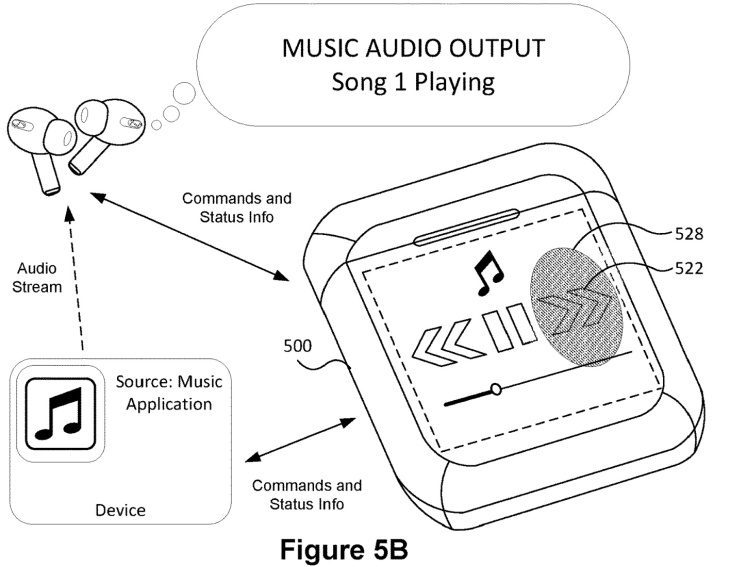Samsung Electronics has made known its plans to cut back memory chip production operating profit is expected to fall 96% from the previous year in the first quarter of 2023. Since Q1 of 2009, this will be the lowest profit posted by the tech giants and South Korean company.
In response to the situation, Samsung has decided to reduce its memory chip production, which will affect its revenues in the short term. The company has not provided any specific details on how much production will be cut or for how long.
The world’s largest memory chip maker said in its preliminary earnings release on Friday that the global macroeconomic slowdown, memory chip oversupply, and sluggish demand have all affected its profit.

Also, read: Portable X-ray vision a step closer to reality with OXOS Medical
“Samsung is adjusting to lower its memory production to a meaningful level,” the company said. Samsung claims to have optimized line operations in order to ensure sufficient memory chip volume for future demand. The technology company also stated that it will continue to invest in infrastructure and research and development in order to maintain its technological leadership in the industry.
From January to March, Samsung’s quarterly profit is expected to be 600 billion won ($450 million), a drop of approximately 95.8% from 14.12 trillion won in Q1 2022. While the company’s results will be released later this month, Bloomberg data shows that analysts expected the company to earn 1.4 trillion won in the first quarter. Its revenue is also expected to fall to 63 trillion won in the first quarter, down from 77.78 trillion won the previous year, according to the company.
Earlier this year, Samsung stated that it would not reduce its memory chip investment despite dwindling demand, predicting that the memory chip market would recover in the second quarter of this year. Simultaneously, competitors such as Micron Technology, Kioxia, and SK Hynix have reduced memory chip production to combat oversupply.
Also, read: Apple meets Germany’s test for special abuse controls
In the third quarter of 2022, Samsung had the largest global market share in DRAM memory chips and NAND flash memory, with 40.7% and 31.4%, respectively. According to a recent TrendFroce report, the prices of DRAM and NAND fell by about 20% and 15%, respectively, in the first quarter of this year.
Samsung is one of the largest producers of memory chips globally and a significant player in the smartphone industry. However, the demand for its memory chips has been declining, primarily due to the ongoing global semiconductor shortage and weakened demand for smartphones due to the COVID-19 pandemic.
Samsung has also stated that it expects the global macroeconomic slowdown to continue throughout the year, which could further impact its revenue and earnings. However, the company remains optimistic about the long-term outlook for the industry and is investing heavily in research and development to maintain its market position.



















